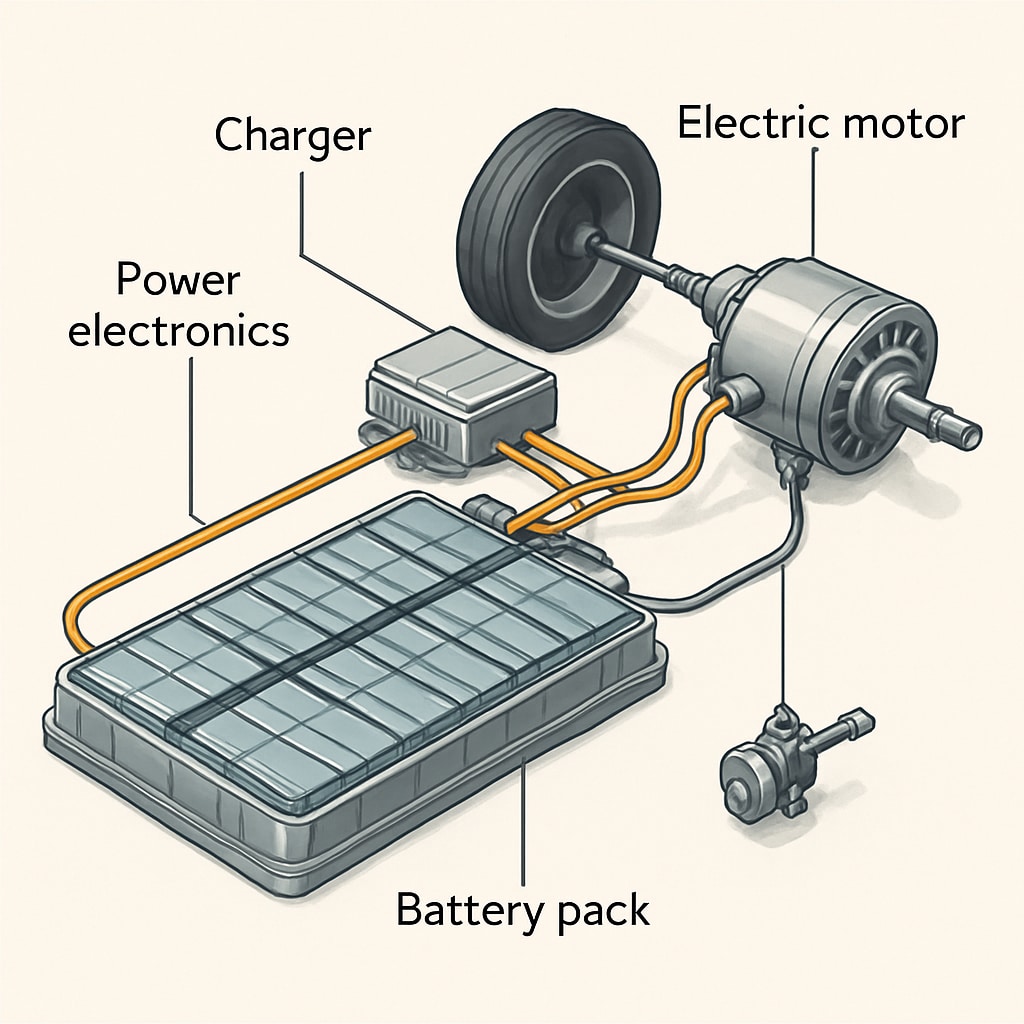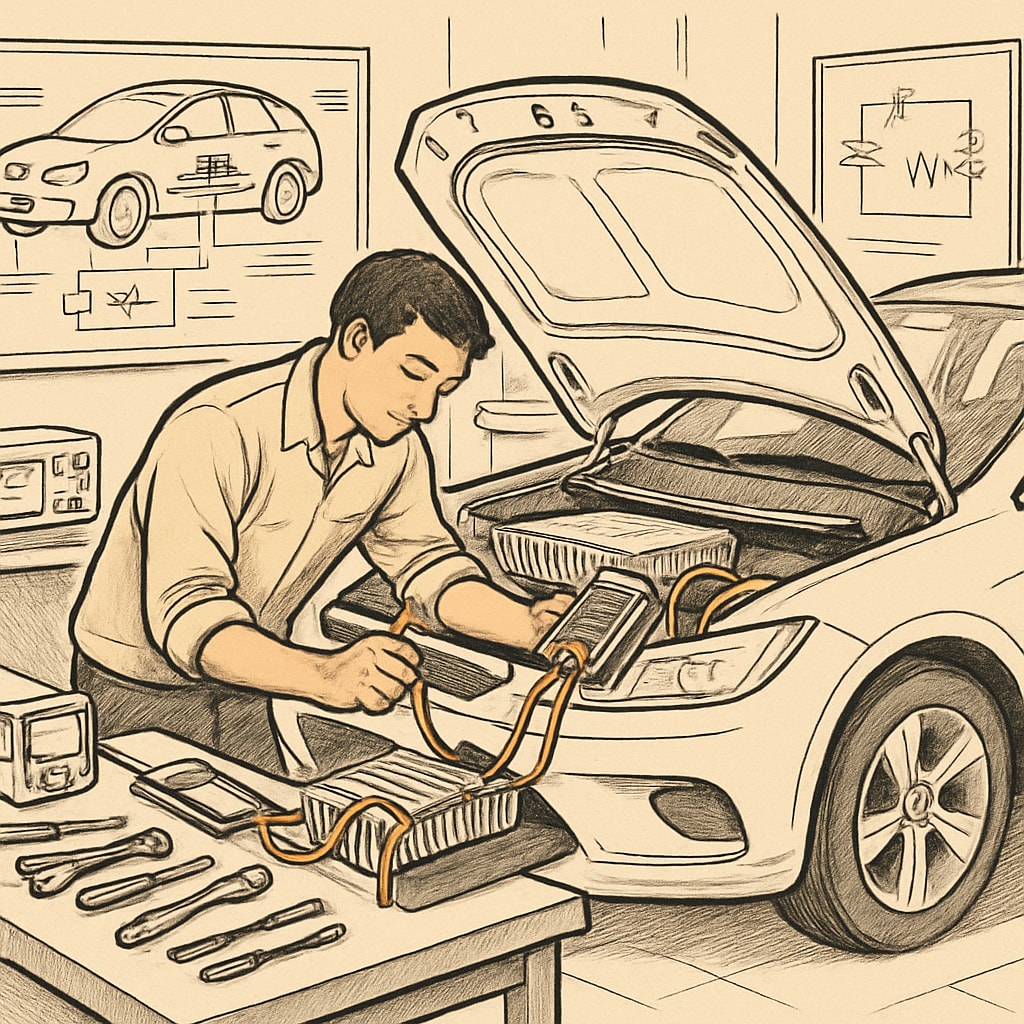The automotive industry is undergoing a profound transformation, driven by electrification and smart technologies. For professionals aiming to thrive in this evolving landscape, electrical learning, automotive industry, career development has become a cornerstone of success. Understanding electrical systems and their applications in vehicles provides a competitive edge, positioning individuals as indispensable assets in an increasingly technology-driven sector.
Why Electrical Knowledge Matters in Automotive Careers
As electric vehicles (EVs) dominate the market and autonomous systems gain traction, the traditional skill set of automotive professionals is no longer sufficient. Electrical expertise enables professionals to navigate challenges such as battery management systems, electric motor design, and advanced driver-assistance systems (ADAS). In addition, the integration of IoT (Internet of Things) technologies in vehicles requires a deep understanding of both electrical and software systems.
- Growth of Electric Vehicles: EVs are set to account for the majority of vehicle sales by 2030, according to industry reports. Professionals with knowledge of EV powertrains, charging infrastructure, and energy management will be in high demand.
- Expansion of Intelligent Systems: Autonomous driving and smart connectivity require expertise in sensors, circuits, and data communication protocols.
- Global Sustainability Goals: Governments worldwide are mandating stricter emissions standards, pushing manufacturers to adopt electric and energy-efficient technologies.

How to Develop Electrical Expertise in Automotive Applications
For professionals aiming to build their electrical knowledge, combining formal education with practical experience is key. Many engineering programs now offer specialized courses in automotive electrification and intelligent systems. However, hands-on internships and real-world projects provide invaluable exposure to industry-specific challenges.
Key Steps to Enhance Electrical Knowledge:
- Pursue Specialized Education: Enroll in electrical engineering or automotive technology programs focused on EVs and smart systems.
- Participate in Industry Workshops: Engage in seminars and training sessions hosted by automotive companies or professional organizations.
- Gain Practical Experience: Apply for internships or apprenticeships in EV production facilities or R&D centers.
- Stay Updated: Follow industry trends and innovations through reputable sources like Britannica’s electric car overview and Wikipedia’s electric vehicle page.
By combining theoretical knowledge with practical exposure, professionals can bridge the gap between traditional automotive skills and the demands of modern electrification.

The Strategic Value of Electrical Learning for Career Growth
Investing in electrical knowledge is not just about staying relevant—it’s about future-proofing your career. Employers in the automotive industry increasingly prioritize candidates with expertise in EV systems, energy storage, and intelligent technologies. Moreover, professionals who understand electrical engineering principles can transition into diverse roles, such as system design, quality assurance, and sustainability consulting.
As a result, electrical learning can unlock opportunities for career advancement, higher salaries, and leadership roles in cutting-edge projects. For example, engineers who specialize in battery technology or ADAS development are among the most sought-after professionals globally.
In conclusion, mastering electrical knowledge is essential to thrive in the automotive industry’s ongoing transformation. By embracing targeted education and gaining hands-on experience, professionals can stay ahead of the curve and secure their positions as leaders in the field.
Readability guidance: Use concise paragraphs and clear lists to summarize key points. Ensure smooth transitions between ideas using phrases like “as a result,” “therefore,” and “for example.” Avoid excessive passive voice and long sentences for better readability.


